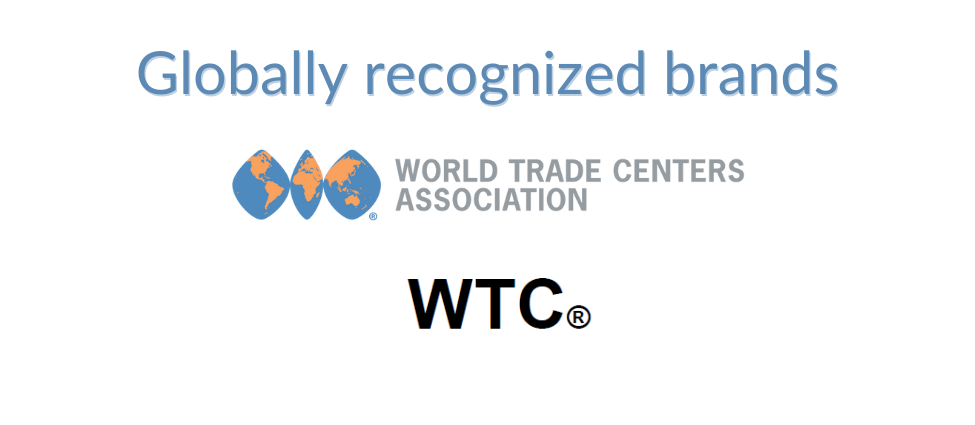

Experts suggest Banks and Govt. to support MSMEs
The last two years have seen a sharp rise in the price of commodities across all sectors, ranging from food grains to cotton, chemicals, plastics coal and metals. As a result of persistent rise in prices, companies are facing rise in input costs and this rise in cost is affecting micro, small and medium enterprises (MSMEs) who have limited ability to absorb rise in cost.
MVIRDC World Trade Center Mumbai in association with All India Association of Industries organized a moderated panel session on ‘Impact of commodity price inflation on MSMEs’ to understand the challenges faced by the small scale sector amidst rising input cost.
The panel session was moderated by Dr. Vijay Kalantri, Chairman, MVIRDC World Trade Center Mumbai and President – All India Association of Industries.
The panelists of the session were: Dr. Madhavan Kutty, Senior Economist, Aditya Birla Group, Mumbai and Mr. Avinash Misar, Director & CEO, Advanced Material, Texport Syndicate India Ltd. & Vice Chairman, Indian Tech Textiles Association.
Speaking on this occasion, Dr. Kutty remarked, “MSMEs are badly hurt by rising commodity prices and we expect their working capital position to deteriorate further if Wholesale Price Inflation continues to remain in double digit in the coming months.”
Dr. Kuttysuggestedbanksand NBFCs to support MSMEs navigate through this challenging time. He said, “Banks and NBFCs have adequate capital above the RBI prescribed limit and their NPAs are also at a manageable level. They should use their better financial position to support MSME borrowers by increasing flow of credit to MSMEs. MSMEs are heavily dependent on bank loans to meet their credit needs and hence they need liquidity support from banks and NBFCs in this challenging time.”
Sharing his views on this occasion, Mr. Misar pointed out, “Indian textile industry is badly affected by rise in cotton prices as 75% of downstream industry produces cotton garments and only 25% produce man-made fibre garments. India’s garment export has just recovered to the pre-pandemic level of USD 18 billion last year. If the cotton price remains elevated, it will hurt our export performance in the coming months.”
Mr. Misar suggested industry to increase spending on R&D to bring out new products based on man-made fibres and thereby reduce dependence on cotton.
Earlier in his welcome remarks, Dr. Kalantri suggested the central and state governments to reduce petroleum taxes and GST to provide relief to MSMEs facing input cost pressure. Except liquor and tobacco, GST on all other items should be below 28% slab, Dr. Kalantri added.
The event was attended by members of trade & industry, consular corps, financial institutions and professionals.
During the event, WTC Mumbai released a White Paper which highlights that out of 96 companies sampled in the study, 68 firms witnessed sharper growth in raw material cost than sales revenue in 2021-22.
In Photo - Distinguished speakers releasing White Paper on “Impact of Commodity Price Inflation on Trade & Industry” prepared by MVIRDC WTC Mumbai. (from left to right): Dr. Madhavan Kutty, Senior Economist, Aditya Birla Group, Mumbai, Dr. Vijay Kalantri, Chairman, MVIRDC World Trade Center Mumbai and President – All India Association of Industries and Mr. Avinash Misar, Director & CEO, Advanced Material, Texport Syndicate India Ltd & Vice Chairman, Indian Tech Textiles Association
